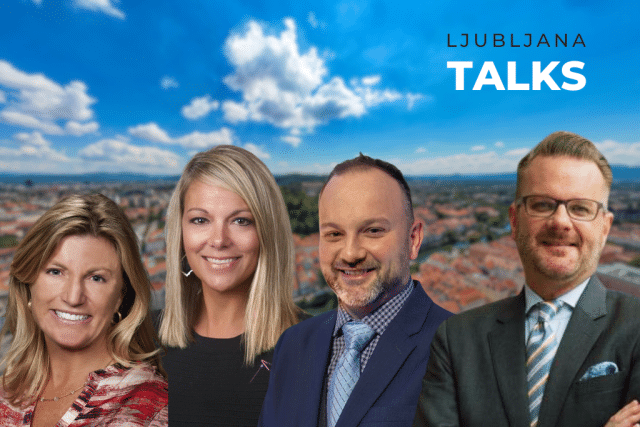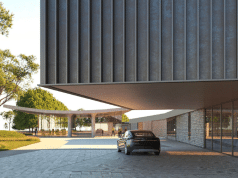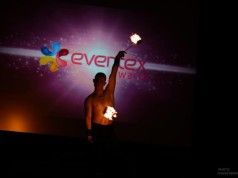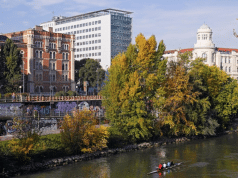LJ Talks at IMEX Frankfurt
The morning of day two featured talks with Annette Gregg, who talked about the Future of the Incentive Travel Industry, Amy Kramer and Nick Fagan discussing the Latest Event Tech, and Brad Weaber and Bill McGlade who explained growth strategies for associations. In the afternoon, Jan and Gorazd were joined by the positive-minded musician Brian Allan, who walked them through the process of harnessing the power of group singing. The final talks included Janet Sperstad and Pigalle Tavakkoli, an expert in designing experiences.
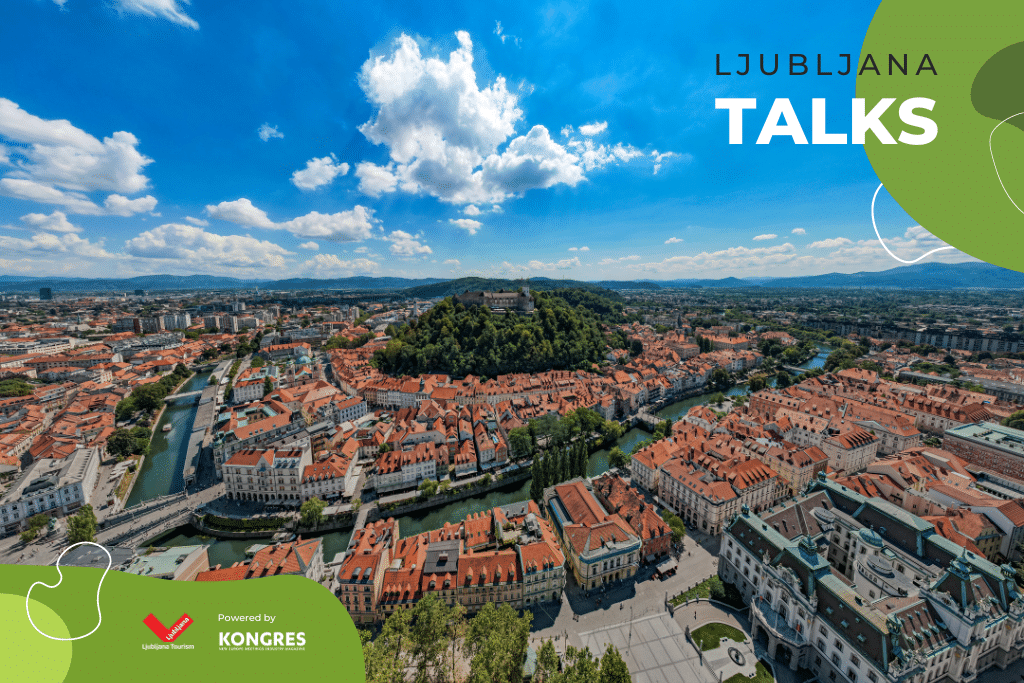
Annette Gregg
Jan and Gorazd were first joined by Annette Gregg, CEO of SITE, who discussed why AI technology will not replace the human experience but will aid the experience design by “whetting the appetite”.
“People want experiences that they just can’t get on their own. We’re also seeing that right now, coming out of the pandemic, the choices are a little bit safe. Most of our respondents are still kind of choosing those well-known destinations as the first ones back. But looking ahead to 2025, they’re going a little more exotic.”
Amy Kramer and Nick Fagan
Another pressing topic was the latest event tech. Amy Kramer and Nick Fagan stressed that there is a lot of fear of the unknown when it comes to AI technology. Still, they emphasised that we need to embrace it as an assistant because it helps us be more productive, and focused to reach goals. AI is amplifying our voice, not replacing it, they concluded.
“Physical and live events are back and they cannot be replaced. But we need to meet the needs of multiple audiences not only with physical events but with hybrid events. Obviously, during COVID, digital broadcasts or hybrid events were the only way. But now we see customers actually getting frustrated with remote experiences and wanting to be face-to-face more.”
Brad Weaber and Bill McGlade
This duo mentioned that if event organisers are trying to create happiness with their events, they will fail because they can’t cater to every individual’s needs.
“I don’t think that there is an ideal or utopian world when it comes to associations because it’s not supposed to be right. We’re not designed for that. We’re designed to basically manifest our mission for our members. That’s what we’re designed to do. We’re not there to create happiness. We’re not there to create this utopian society for them. We’re there to give them value. And that’s it.”– Bill
“I think very simply: my utopian dream for our industry events is to actually create an environment of learning to come back,” said Brad.
Brian Allan
Brian Allan talked about how combining conferences and tourism is a powerful experience. He concluded by saying that music affects us, our brains, and our businesses.
“From the days of the cavemen and cavewomen, we were sitting around a campfire – the first job was a meeting planner.”
Janet Sperstad
The final talk of the day featured Janet Sperstad, who explained why we have to explore the multi-disciplinary aspects of event planning if we are in the business of humans.
“We have to come back to the people and think outside of ourselves and look at different perspectives. And be more welcoming to all. And that’s where our solutions will come, not from ourselves, but from learning different perspectives.”
Pigalle Tavakkoli
Pigalle Tavakkoli talked about the importance of setting goals before creating any experience. She said event organisers need to define the aims of the experience, the impact, the internal changes and the transformation that they want to achieve first. Once they have that defined, they can form ideas.
“It’s about actually finding out the real needs and desires and motivations and then finding the central thing that unites all of them. I call that the central narrative; once you have that central narrative, you have a basis from which to design the experience, which will reach all of them equally.”


